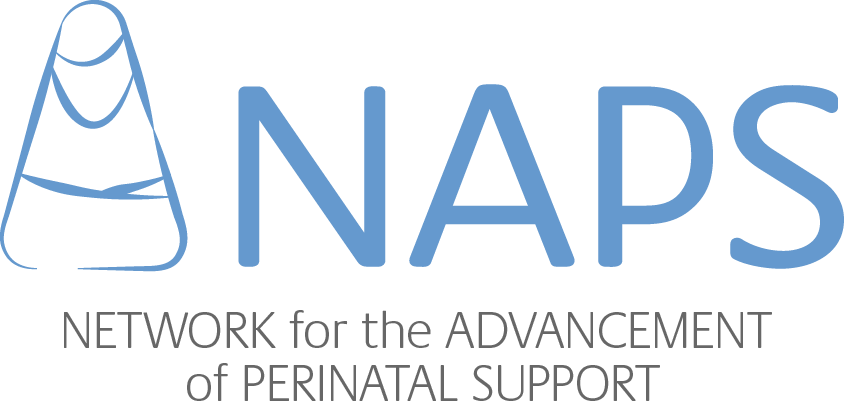NAPS is a company founded on the clinical understanding of the treatment of reproductive mood disorders within the setting of an existing medical practice.
Benefits for Medical Practitioners
NAPS unique advantage comes from understanding the inner workings and limitations of the American reproductive health care system. NAPS has the distinct ability to lighten the load on our overburdened healthcare practitioners, who do not have the proper training to identify symptoms or provide effective interventions, by supporting the individual practitioner with their patients’ needs. With NAPS, medical practices are able to provide truly comprehensive healthcare without unrealistic expectations on medical practitioners becoming equipped in mental health treatment.
Benefits for Patients
NAPS exists to address the needs of all women across all races, religions and socio-economic statuses. NAPS provides the urgently necessary, consistent mental health support that can effectively mitigate the high costs reproductive and perinatal mood and anxiety disorders place on women, mothers, children, and our healthcare system. The comprehensive nature of this program allows for patients’ needs to be met in a manner that far exceeds the current standard of care available from existing medical practices alone. By providing these services internally, we normalize getting support which allows patients to bypass the shame of getting help or feeling dismissed by being passively given a referral.
Method
NAPS comes equipped with all program materials and includes support for the physician, patient management, a mental health screening and assessment plan across the perinatal spectrum, patient follow-up support, and both group and individual therapy options for patients. NAPS programming includes routine care strategically placed at particularly high anxiety times throughout fertility treatments and the perinatal period as well as acute care services for patients in distress. NAPS is able to support the physicians in their assessments and care of patients by working collaboratively to keep the patients in-house when receiving support services to ensure accurate diagnosis, effective treatment, and longitudinal case management; this model reduces attrition to care and increases patients' trust of their medical providers.

